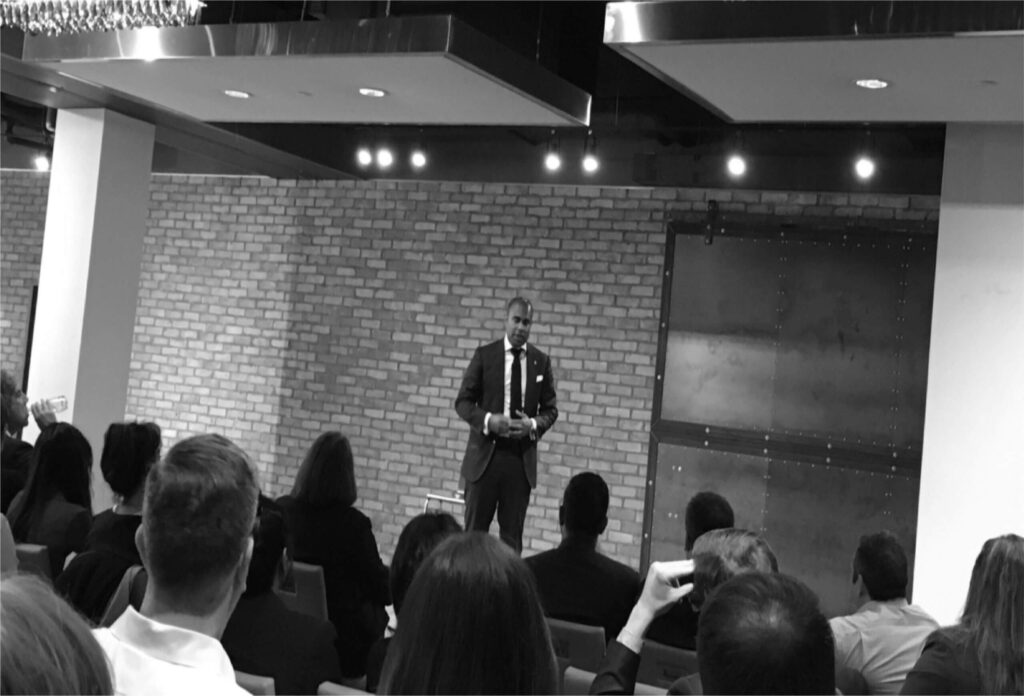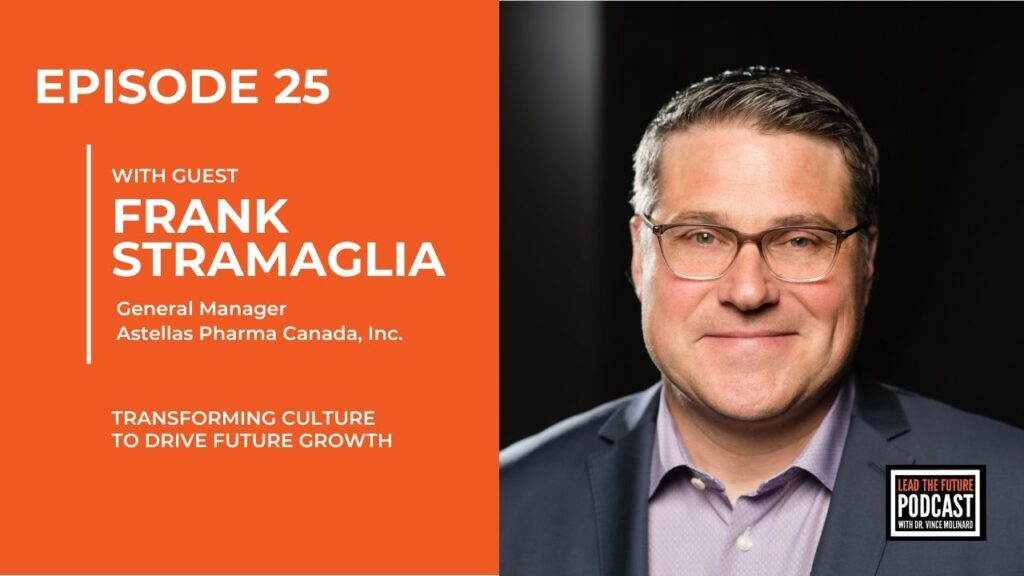I don’t like to walk blindly into a challenge.
To give me the greatest chance of success in transforming the leadership of any one organization, I like to know the lay of the land, the personalities involved, and the challenges facing the company. That was certainly part of my preparation last fall when I engaged with a global travel management company to talk with its top leaders about leadership accountability.
To gather some advance intel, I had a few meetings prior to my session; one was a call with the CEO, and another call with the CHRO. I asked them both a common question “Are there any things I should look out for that could become a roadblock to the session’s success?”
The CHRO paused for a moment and his answer surprised me. He said, “I don’t think you are going to have any issues. First off, you are Canadian. Second, you clearly have a lot of global experience and that’s going to be invaluable to our leaders.”
His answer intrigued me, so I asked him to elaborate. “It’s pretty simple. We have typically brought American thought leaders and gurus. Many of them are great. But what I’ve noticed is their worldview is too narrow.” He continued to say, “Right now, 60% of our leaders work and live outside the United States. So, American-based analogies and stories don’t resonate with them. We need to develop a more global mindset and we need to partner with individuals that can bring that as well.”
Now, this story wouldn’t be so interesting if this was one isolated instance. However, over the last eighteen months, I’ve had many of these conversations with my clients. The topic even emerged within my own company.
Ranjit de Sousa, our new president, stopped off in Toronto during a global tour. Although he’s been with the company for many years, Ranjit has been in his new role just under three months. In Toronto recently, he spent time with clients and met with many of our local teams. He also held a Town Hall meeting with all employees. During a question and answer segment, he was asked what he thought would be critical to our success as a company moving forward.
Ranjit didn’t waste time thinking about his response. “We need to develop a global mindset!”
He explained that while we are the very definition of a global company, with a presence in 65 countries, he sees an opportunity for us to bring greater global perspective of the markets and industries where our customers conduct their business. He also wanted us all to do a better job connecting with each other across our varied geographies.
Ranjit himself epitomizes the characteristics of a leader with a global mindset. He speaks four languages, and has helped to grow businesses in the United States, Europe and the Middle East.
Given that this theme of having a global mindset emerged again, I decided to explore the topic a little more. In my own research, I found a couple of great definitions that I think capture the importance of global mindset.
The Financial Times defines a global mindset as one that combines an openness to and awareness of diversity across cultures and markets, with a propensity and ability to see common patterns across countries and markets.
The Thunderbird School of Global Management defines a global mindset as a set of individual qualities and attributes that help a manager influence individuals, groups and organizations from other parts of the world – it’s part personality, part know-how.
Now, we all know the reasons why having a global mindset is important. Thanks to technology, the world has become much smaller, more interconnected. Organizations of all sizes can now conduct business across multiple jurisdictions in ways that were unimaginable just a few years ago. The workforce is also more mobile, willing to move anywhere to find the best companies, leaders and career opportunities.
But how do we as leaders cultivate this global mindset? As I reflect on my own experiences and all the definitions I’ve uncovered, I see the following qualities as being critical if a leader is to have a truly global mindset.
- Openness. Are you an open to new ideas, strategies and technologies? I don’t believe it’s possible to have a global mindset without a willingness to accept new and novel ideas.
- Curiosity. Do you have a passion to learn about different cultures than your own? Do you travel to different places, try different foods, attend local festivals and events that showcase cultures other than your own? You can’t be global if you spend all your time in the familiar.
- Connect the Dots. Those with a truly global mindset are able to connect the dots and see common patterns among a number of trends and themes playing out in the world. These are people who can see and respect the differences between cultures, but also spot the ways in which we are the same.
- Adaptability. The ability to change and adopt different strategies is one trait that I’ve heard from many global leaders I’ve worked with. You may think that your tried-and-true approach will work in a different country or culture; but, chances are, it won’t. More likely, you’re going to have to adapt and modify your approach so you can connect and work with colleagues and customers.
- Humility. I have found that being a genuine, honest and humble person takes you a long way in building relationships founded upon trust, which is essential for a global mindset. And while every country is different, humility is a universally valued trait in almost every country I’ve visited and worked in.
As you review these five ideas, how would you evaluate your own leadership? Are you the kind of leader who can develop a truly global mindset? Or, are you stuck in a place where you don’t know anything about the broader world and – more worrisome – don’t want to know?
Do you have a global mindset?
Gut Check For Leaders








